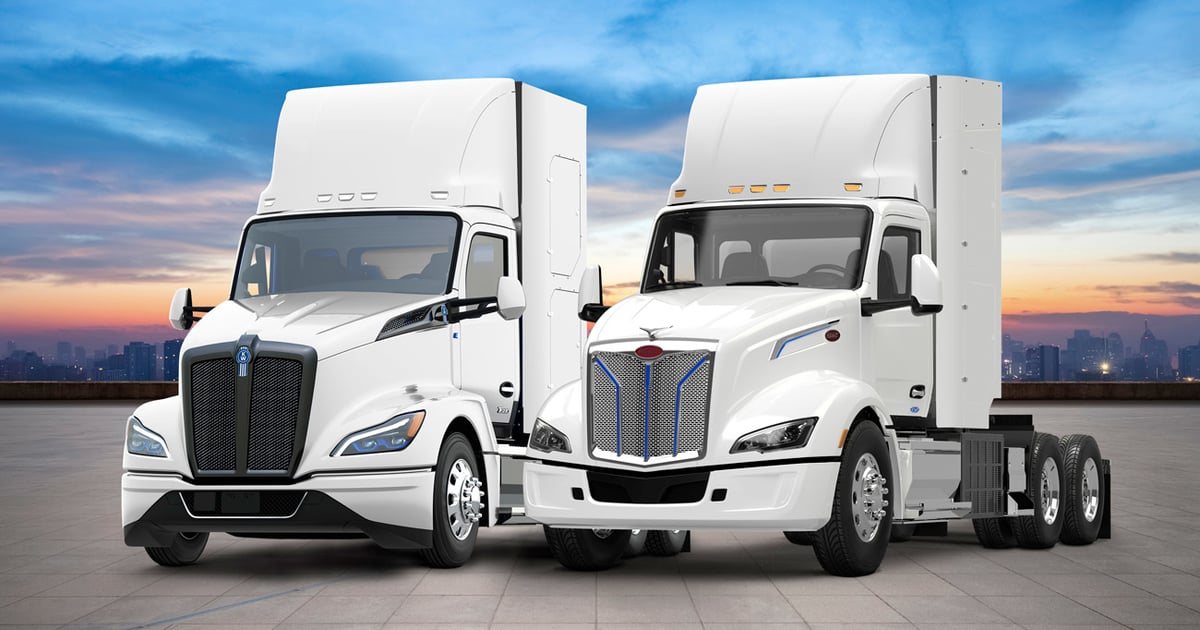
ANAHEIM, Calif. — Toyota Motor North America announced an agreement to put its fuel cell powertrain into Kenworth and Peterbilt big rigs.
The automaker and Paccar, owner of the truck brands, announced the deal Tuesday at the ACT Expo clean transportation conference here.
Toyota has leveraged the fuel cell technology it developed for the small-volume Mirai sedan for use in heavy-duty trucks.
Much of the work used Kenworth Class 8 truck cabs and chassis, including a demonstration project at Los Angeles and Long Beach, Calif., ports.
The companies see a growing market for zero-emission fuel cell technology as regulators in California and other regions begin to phase out diesel trucks.
California, for example, will require 5 percent of new Class 7 and Class 8 truck sales to be zero-emission vehicles starting next year. That jumps to 40 percent in 2032. The truck industry expects other states to follow California’s lead, adding to the market size.
“This innovative technology enables us to provide our commercial customers with a viable carbon-neutral option to further their business while also contributing to Toyota’s mission to reduce and ultimately eliminate carbon from the environment,” Christopher Yang, the automaker’s group vice president of business development, said in a statement.
It also gives Toyota another use for the fuel cell technology initially designed for the Mirai.
Kenworth plans to put the powertrain into its T680 semitractor, a vehicle considered an industry workhorse. It expects deliveries to its first customer to start next year. Toyota plans to make the powertrain at a factory in Kentucky starting this year.
The T680 hydrogen truck will have a range of up to 450 miles, depending upon driving conditions, Kenworth said. It will have 415 hp to pull a gross weight of up to 82,000 pounds.
“The T680 FCEV was engineered to offer one of the longest driving ranges of any zero-emissions trucks on the market,” said Kevin Baney, a Paccar vice president and Kenworth general manager.
Last week, Toyota said the California Air Resources Board granted a zero-emission powertrain executive order for the heavy-duty truck fuel cell electric powertrain. The order certifies that a powertrain complies with emissions standards required for sale in California.
Nonetheless, fuel cell truck sales depend on constructing a hydrogen fueling network in the U.S., especially along major trucking routes. Currently, there are only about 60 fueling stations, mostly in urban California, according to the Department of Energy.

